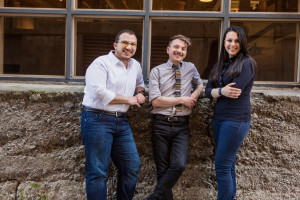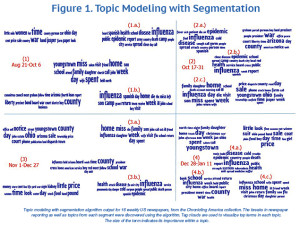Samah Gad, DAC (CS) PhD graduate, and Hussein Ahmed launch a successful startup
Transpose, a new Seattle startup that bills itself as a holistic information management platform, today announced a $1.5 million funding round. Transpose is the brainchild of Samah Gad, DAC (CS) PhD graduate and Hussein Ahmed also a CS PhD graduate. Formerly known as KustomNote, the nine-person company has developed software that helps customers create structure and pull intelligence from large sets of data across all devices.
Seattle-based venture capital firm Founder’s Co-op led the round, which also included participation from Alliance of Angels and New York-based The Gramercy Fund.
The startup, which graduated from Seattle-based B2B accelerator 9MileLabs this past November, originally built structured note-taking templates that helped customers record, store, retrieve, and share custom-structured notes.
Now, Transpose has evolved to also pull insights from unstructured data, files, and voice recordings by using cloud-based data retrieval technologies and text analytics.
Tranpose CEO Hussein Ahmed said there are more than 90,000 users on the platform, including employees from companies like Apple, Walmart, and Heineken. Clients use the system to do everything from storing and tracking wine collections, to organizing schedules and vaccinations for children.
“It’s a complete do-it-yourself solution for consumers and teams in enterprises to build their very own solution to track assets, manage leases, or sales leads,” Ahmed explained. Read more at

 The new methods of “big data” analysis can inform and expand historical analysis in ways that allow historians to redefine expectations regarding the nature of evidence, the stages of analysis, and the claims of interpretation.
The new methods of “big data” analysis can inform and expand historical analysis in ways that allow historians to redefine expectations regarding the nature of evidence, the stages of analysis, and the claims of interpretation.